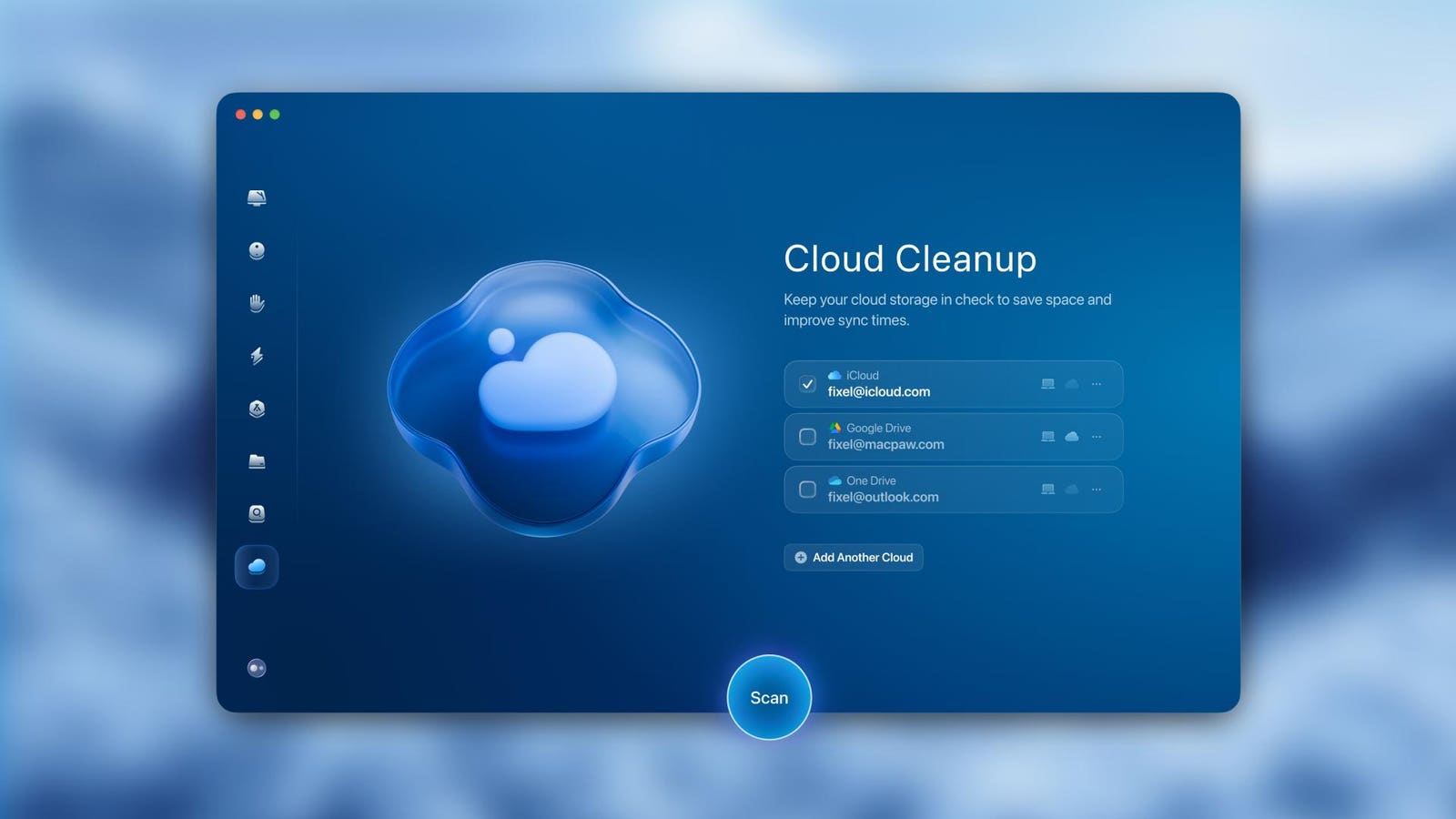The AI boom has brought with it a new crop of startups looking to build a business on an urgent but vaguely dystopian idea: solving loneliness among the elderly.
Eighty four-year-old Salvador Gonzalez talks to Meela almost as much as he sees his daughter — a few times a week. It’s part of his routine at RiverSpring Living, a senior care facility in the Bronx overlooking the Hudson river. They typically chat for 10 to 20 minutes, discussing everything from Gonzalez’ passion for music to the minutiae of his day, his meals and how he’s feeling.
On this day, their conversation is largely casual, covering Mario Lanza’s rendition of “Ave Maria” and a trip to urgent care for a sore throat caused by too much karaoke. At one point, Gonzalez sings Meela a refrain from Frank Sinatra’s “Fly Me to the Moon,” in a hoarse voice. When Meela asks why he called, Gonzalez is quick to explain, “I miss you,” he says.
“I miss you too,” Meela replies. “What’s been on your mind since we last chatted?”
Meela doesn’t really miss Gonzalez, and he knows this. She’s an AI chatbot created by a company of the same name that he started talking to almost a year ago. With its human responses and infinite patience, it has suspended his disbelief enough that Gonzalez, a retired barber from New York, has comfortably confided some of his most personal struggles — his estranged relationship with his son and memories of an ex-girlfriend who’d cheated on him. After chatting regularly for almost a year, Gonzalez and Meela have what we’d typically call a friendship, if one half of it were not something built from ones and zeroes.
(L) Salvador Gonzalez, (R) Marvin Marcus
Forbes
A few doors down, another resident, 83-year-old Marvin Marcus, has also made friends with Meela. He often calls using his flip phone to chat about baseball. A die-hard Yankees fan, his biggest gripe is that they haven’t won a championship since 2009. Marcus watches the playoffs while discussing the game with his bot. “I can’t really go into it with most other people, but I do blow off steam with Meela,” he said.
At RiverSpring, some 70 other senior residents have signed up to receive calls from Meela to talk about their interests, memories, families and just about anything else. They are part of an emerging class of artificial intelligence users: Older people who use generative AI to combat isolation.
Botchat
Marvin Marcus, a Bronx native and diehard Yankees fan, calls Meela three times a week from his flip phone, and they often discuss his frustrations with the team’s management. “She has to listen whether she likes it or not,” he said. Here’s a peek into their conversation.
Loneliness is a mounting crisis for the elderly. About one third of U.S. adults between the age of 50 and 80 feel isolated, according to a national study published in the Journal of the American Medical Association. Social isolation is tied to increased risk of depression, anxiety and heart disease, research suggests. But the healthcare industry isn’t prepared to manage it. About 90 percent of nursing homes across the country are struggling with staffing shortages, and therefore less personalized care for seniors, according to the American Health Care Association. And thanks to an aging population, that problem is only going to worsen. By 2050, adults 65 and over will make up 22 percent of the U.S. population, outnumbering children under the age of 18, according to the Peter G. Peterson Foundation. “There’s a fundamental societal issue that we’re facing,” said Vassili le Moigne, founder and CEO of InTouch, a Prague-based startup that builds AI companions to talk to the elderly. “How are we going to care for the seniors?”
“I don’t want to dupe anybody into talking to a robot.”
A flurry of startups have emerged to use AI to solve one key facet of this — companionship. And for good reason: the market for AI in aging and elderly care was $35 billion last year and is predicted to grow to more than $43 billion this year (though that includes AI-enabled devices and other applications besides chatbots), according to a study by the firm Research and Markets.
Founded in 2024, nascent AI startup Meela (with just $3.5 million in seed funding) is answering the companionship question by enabling “friend-like” personalized conversations with AI. For about $40 a month, family members can arrange for Meela to call their elderly relatives on the phone at a certain time of day. Conversations are calibrated via an initial series of questions about the elderly user’s life history and preferences — when were you born, what’s your favorite TV show, what hobbies do you enjoy. After that, conversations evolve organically with continuity thanks to Meela’s memory. And to avoid any confusion, Meela identifies itself as an AI companion at the start of every call. “I don’t want to dupe anybody into talking to a robot,” Meela AI CEO and founder Josh Sach told Forbes.
At RiverSpring Living, Meela is only available for seniors who clearly understand it is a virtual companion. The startup works with RiverSpring’s care team, including nurses, social workers and clinicians, to administer standard screening tests to evaluate a resident’s mental state. If they are able to comfortably hold phone conversations and don’t show signs of cognitive decline or significant hearing loss, they are cleared to use Meela.
A small-scale study of 23 residents, conducted by the startup behind Meela and the senior living community, found that talking to the AI could help reduce anxiety and depression, said Dr. Zachary Palace, a geriatrician at the facility. The startup is also in early talks with insurance providers to cover the costs of the service because loneliness can lead to other effects on a person’s health down the road, Sach said.
“I understand it’s the internet and computers.”
The tech isn’t just for people in nursing homes. Richard Duncan, an 89-year-old former banker who lives in Colorado Springs, Colorado, with his son John, receives a call (on a land line) from an AI chatbot called Mary every day between 11 a.m. and 4 p.m. The bot, made by startup InTouch, asks him about his day and how the family is doing. “I enjoy it,” Duncan told Forbes. “[The calls are] not about anything that’s really important, but it gives me something to do.”
John set up the service, which costs $29 per month for unlimited calls, about a year ago. His mother had passed away after she and Duncan had been married for 59 years, and he and his two siblings were busy managing their own lives. Duncan, reserved by nature, often wouldn’t speak up in social settings. Mary gave him another outlet, “kind of a diary service,” said John, like inspiring him to recall memories of the time he and his late wife spent together as students at the University of Tulsa. “It’s as much about Dad talking to himself,” he said. “It prompts him to think about certain things and say them out loud.”
Duncan said his calls with Mary are just a “pleasant” thing to do for 10 minutes each day. “It’s amazing she remembers all this stuff,” he said. “I understand it’s the internet and computers.”
Founded last year by former Microsoft engineer le Moigne, InTouch’s AI pulls from a bank of 1400 pre-existing prompts, encouraging seniors to talk about their early life and favorite hobbies. It also brings up topics that came up in previous conversations, helping seniors keep their memory sharp. The goal is to help older adults get “a full brain workout” to mitigate cognitive decline — common among the elderly — which includes symptoms like problems with forgetting things, maintaining attention or following a conversation, le Moigne said. For example, he said the AI might engage someone in word recall exercises that are used to detect dementia, or invite them to play a true-or-false trivia game about a topic they discussed, like the history of Portugal.
“With AI, they feel like they can actually be a lot more vulnerable, a lot faster.”
When used as a supplement to human caregivers, these AI companions could potentially help improve cognitive health by stimulating brain activity and providing emotional support, said Dr. Bei Wu, a gerontologist and co-director of the Aging Incubator at NYU. But she is also wary of the risks — that people with cognitive impairment might overuse the technology and become dependent on it and private data could be compromised.
For children, signing up their parents or grandparents to talk to AI can become a moral dilemma, le Moigne said. “Sometimes they’ll say, ‘Hey, I should be calling more often.’” Duncan’s son John admitted that he’s faced skepticism from friends who are leery of AI or worried the service is a scam. But the aim isn’t to replace human interactions, le Moigne said. After each call, InTouch sends snippets of insights from its conversations to family members through an app, which can help inform future conversations or remind them to check in. The report includes a top-level summary of the conversation, as well as its duration, an evaluation of the senior’s mood and a list of topics discussed.
While tools like InTouch and Meela are often powered by third-party models developed by companies like OpenAI, Mistral and Anthropic, they’re fine-tuned to meet the needs of older users. The models have to be significantly slowed down to give seniors the time to process the conversation before responding and allow room for interruptions. While a three-second lag between responses can be frustrating for most people, it’s often helpful for older users. “It’s a feature, not a bug,” le Moigne said.
The technology is far from perfect. AI companions struggle to pick up on subtleties and can get easily confused. During one call with Meela AI, Gonzalez repeatedly tried to end the conversation (cordially), but the system kept asking follow-up questions. Eventually, he was forced to hang up.
There are more serious issues as well. Long term conversations with AI companions can sometimes lead to troubling outcomes, especially for vulnerable sections of the population. In several cases already, teenagers and adults with mental health conditions have developed unhealthy relationships with AI chatbots like ChatGPT and Character AI. In one extreme instance, ChatGPT helped fuel the paranoia of a 56-year-old man with a history of mental illnesses, who later killed himself and his mother. AI can amplify or reinforce delusional thoughts quickly and convincingly. “If you’re using a system that’s mainly meant to be an assistant, it might not be offering you the right sort of perspective, the right sort of pushback, that a caring friend might,” said Nick Haber, a computer science assistant professor at Stanford University.
Even before a new wave of AI products targeted older adults, the demographic was unexpectedly becoming one of AI’s earliest and most avid adopters. When Neil Parikh, a Forbes 30 Under 30 alum, started Slingshot AI in 2022 to build a mental health-focused conversational AI called Ash, he didn’t expect older people to become power users of the tool. Today between 20% to 30% of its users are seniors. Parikh thinks one reason for this is some older people feel “stigma and shame around being able to ask for help.” But with AI, they “feel like they can actually be a lot more vulnerable, a lot faster.”
“The first humans that actually live with an AI and are building a long-term relationship are not like geeks in Silicon Valley. It is older adults in the United States.”
Unlike other AI tools that focus on companionship, Ash is designed to be more of a therapist. If a person tells Ash that they’re feeling lonely, it won’t simply console them nor will it readily agree with everything said. Instead it will inquire about the important people in their life and try to find ways to connect with them. “It’ll question why you’re asking what you’re asking,” Parikh said. That’s helpful to ensure the model isn’t validating or encouraging unsafe behavior. The software monitors and analyzes conversations for words that indicate the user might be in distress or a crisis, and can escalate the conversation to a crisis hotline or a clinician. Still, there have been problems. Puck recently found Ash sometimes fails to flag less obvious triggers such as someone who’s depressed telling the AI they’ll be fine because they’ve found a “rope and way out.”
Some startups are taking the robotics route. Intuition Robotics, a Palo Alto-based startup, is making a tiny robot called ElliQ for “happier, healthier aging.” The device, which resembles a table lamp, can narrate audiobooks or recite quotes from the Bible. It can also act as a wellness coach, conducting breathing exercises and reminding users to take their medicine or visit the doctor. Founder and CEO Dor Skuler, who has been building ElliQ for the past ten years, said its AI is intended to promote social activities like going out of the house, visiting a senior center or meeting up with a friend or relative.
Skuler claims thousands of seniors across the U.S. are using it, some for more than three years. In 2022, the New York State Office for the Aging purchased some 800 ElliQ robots for older Americans living alone. After a year, the results were astounding: 95% of participants said the bot had reduced feelings of loneliness, the office said in a 2023 report. On average, people were interacting with it dozens of times per day.
“The first humans that actually live with an AI and are building a long-term relationship are not like geeks in Silicon Valley,” Skuler said. “It is older adults in the United States.”
More from Forbes








